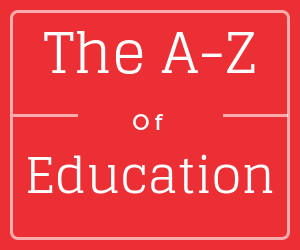Why Academics Should Stop Writing and Speaking in Jargon

Academics seem to write exclusively for themselves. Their writing includes selective phrases and other oddities that prevent them from being understood rather than increasing their communication effectiveness.
In short, academics are their own worst enemies.
The problem is that academics often tend to forget who their intended audience is. They use jargon that sets them apart and makes them appear unreachable. Instead of using pretentious words and phrases, they should stop writing and speaking in jargon and start using language everyone understands.
There are plenty of reasons why common language is better than jargon.
Jargon isolates
It’s as accurate in academia as it is in the workplace: jargon creates distance. An unusual word or phrase can get in the way of understanding what the real message is. Unclear communication, whether written or spoken, can make meaning inaccessible.
Jargon can also turn away potential students who don’t understand what their professors are talking about.
Who is your audience?
When academics write and speak for other academics, it makes perfect sense to write in jargon. The jargon of academia is not dissimilar to a mysterious code. It’s the secret handshake between distinguished scholars. Because that code is understood by both the sender and the receiver, it’s perfectly okay to speak and write in jargon that is exclusive to the field of study.
If you are not a part of that selective, group, however, jargon makes the message more difficult to understand.
“Edu-speak” is a disease
Letting edu-speak to take over academic communication is like allowing a disease to spread. You didn’t mean for it to happen, but once it took hold, it permeated everything.
As a result, academics speak in acronyms exclusive to their own fields. Buzzwords, clichés, and empty phrases fill the gaps in thoughts and sentences when precise language can provide more meaning, especially for those outside the ivory tower of academia.
Practical tips to improve writing clarity
Ponderous language bogs down understanding. In his rant about James Fenimore Cooper’s Deerslayer, Mark Twain offered a panoply of advice for improving one’s writing, including:
- Say what he is proposing to say, not merely come near it.
- Use the right word, not its second cousin.
- Eschew surplusage.
It would seem that the same advice holds true today for academics seeking to communicate.
Ordinary and more colloquial language has its benefits
According to George Orwell’s “Politics and the English Language,” clear writing comes from clear thinking. If academics wrote and spoke less in jargon, perhaps their thinking would come across as more clear. It’s certain they would reach a wider audience.



